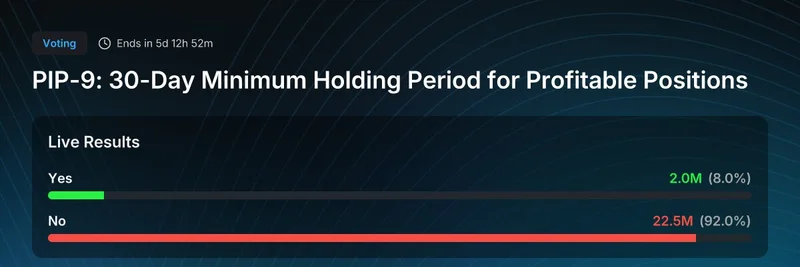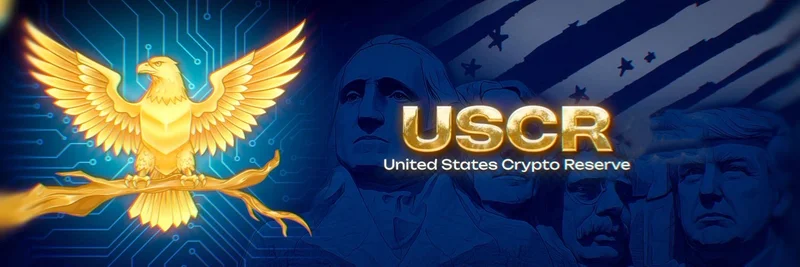The world of decentralized finance (DeFi) on Solana is buzzing with a new proposal from Parcl DAO. If you're into blockchain governance or real estate-backed tokens, this one's worth paying attention to. Parcl, a platform that lets users trade real estate markets via perpetual futures, is considering a big change through PIP-9.
What's PIP-9 All About?
PIP-9 stands for Parcl Improvement Proposal 9, and it's proposing a 30-day minimum holding period for any new or increased profitable positions in Parcl v3. In simple terms, if you're in a position that's making money, you'd have to hold it for at least 30 days before closing it out for profit. This doesn't affect existing positions—those stay as they are.
The goal? To cut down on short-term churning, where traders jump in and out quickly, which can hurt liquidity providers (LPs). By encouraging longer holds, the proposal aims to protect LPs and foster more stability in the ecosystem. It's like adding a speed bump to prevent reckless driving in the market.
Looking at the live results shared by Realms DAO on X, it's clear the community has opinions. As of the tweet, "No" is leading with 92% of the votes (22.5M), while "Yes" trails at just 8% (2.0M). This snapshot suggests most participants aren't keen on the restriction, perhaps seeing it as a limit on trading flexibility.
Why This Matters for Solana and DeFi Enthusiasts
Parcl operates on Solana, known for its high-speed, low-cost transactions, making it a hotspot for DeFi innovations. Proposals like this highlight how DAOs (Decentralized Autonomous Organizations) give power to token holders to shape the platform's future. If you're holding PRCL tokens or involved in real estate memes and tokens, governance votes like PIP-9 could influence market dynamics.
Short-term churn can lead to volatility, which might scare off long-term investors. On the flip side, forcing holds could reduce liquidity, making it harder to enter or exit positions quickly. It's a classic trade-off in DeFi design.
How to Get Involved
If this piques your interest, you can jump into the action. Realms DAO, the hub for Solana-based communities, shared a direct link to vote on the proposal: Vote Here.
Stay tuned as the vote wraps up—it could set a precedent for how DeFi protocols balance trader freedom with ecosystem health. What do you think? Would you vote yes or no? Drop your thoughts in the comments below.
For more updates on Solana DAOs, meme tokens, and blockchain governance, keep following Meme Insider. We're here to break down the latest in crypto so you can stay ahead.




